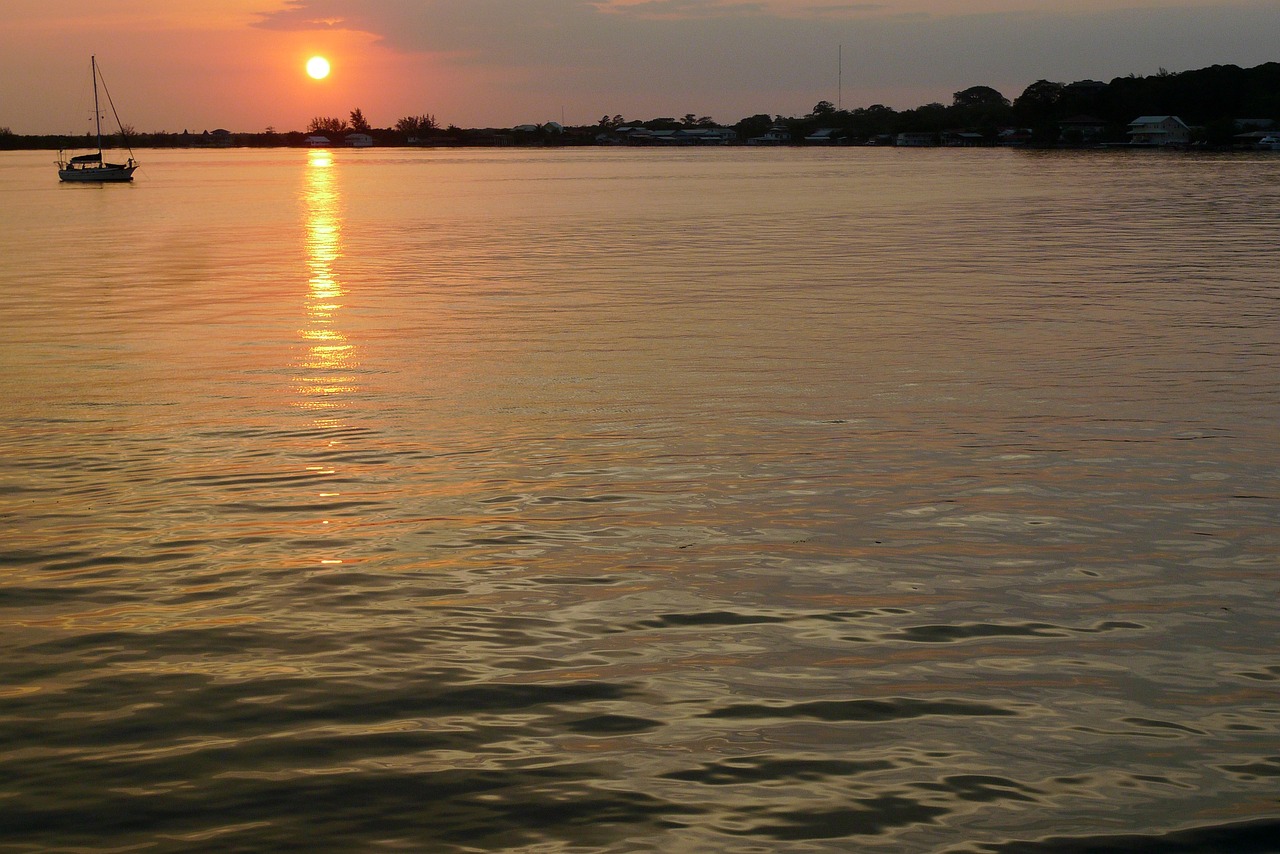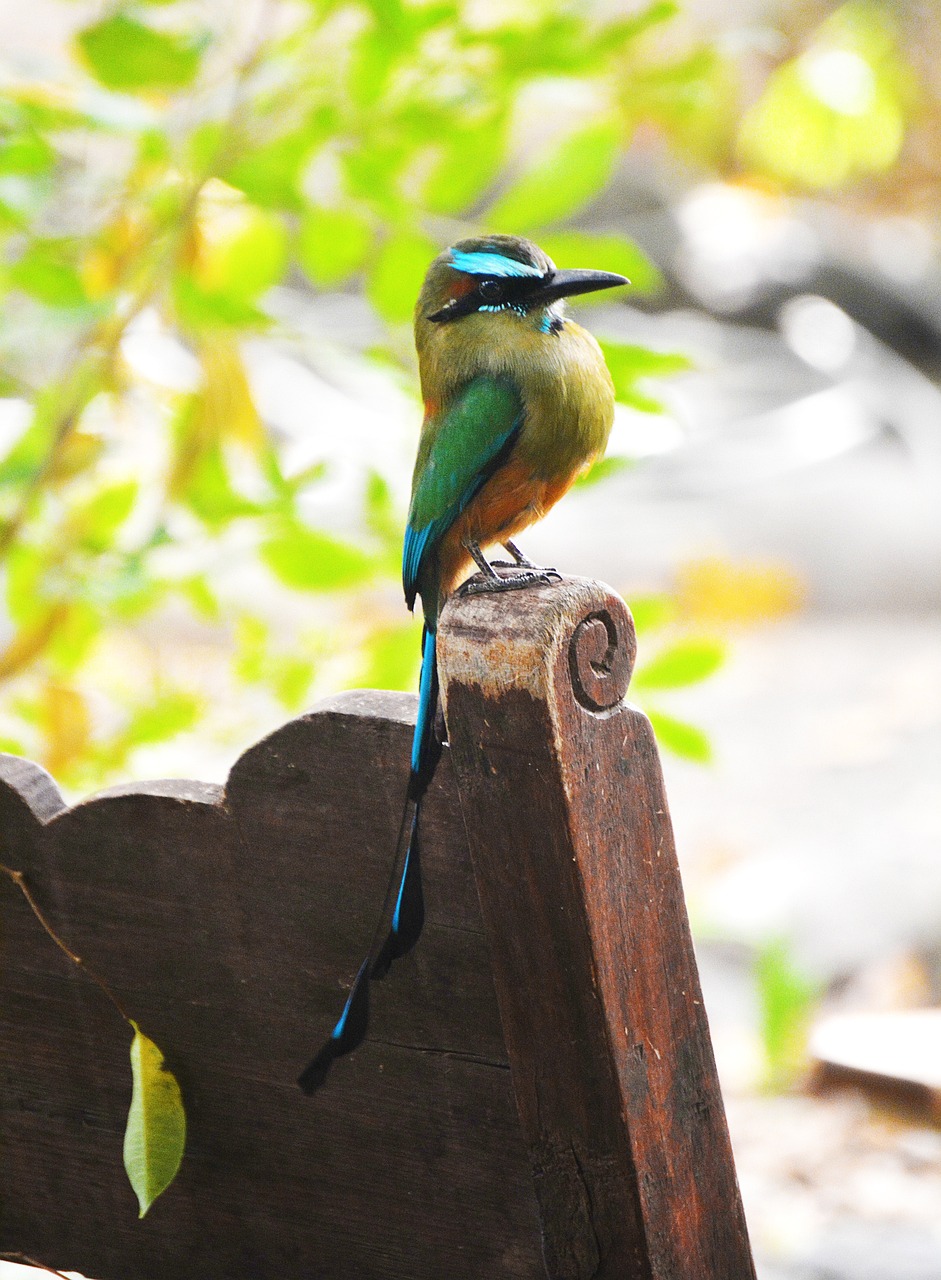Honduras Video
Packing Essentials: Preparing for Half a Year in Honduras
Honduras, located in Central America, offers a diverse and vibrant experience for travelers. If you’re planning to spend half a year in this beautiful country, it’s important to pack wisely to ensure a comfortable and enjoyable stay. Here are the essential items you should consider bringing:
Section 1: Clothing
- Lightweight clothing: Pack lightweight and breathable clothing suitable for the tropical climate. Opt for cotton or linen fabrics to stay cool.
- Swimwear: With beautiful beaches and crystal-clear waters, having swimwear is a must. Pack a few swimsuits or trunks for beach days and water activities.
- Rain jacket: Honduras experiences wet and dry seasons. Be prepared for sudden rain showers by packing a lightweight rain jacket or poncho.
- Hiking shoes: If you plan on exploring Honduras’s natural landscapes, bring a sturdy pair of hiking shoes or boots for added comfort and support.
- Sun protection: Don’t forget to pack sunscreen, a wide-brimmed hat, and sunglasses to protect yourself from the sun’s rays.
Honduras Image 1:

Section 2: Health and Safety
- Prescription medications: If you take any prescription medications, ensure you have an ample supply to last for six months. It’s also a good idea to carry a copy of your prescriptions.
- First aid kit: Pack a basic first aid kit with essentials like band-aids, antiseptic ointment, pain relievers, and any specific medications you may need.
- Insect repellent: Honduras is known for its mosquito population, so pack an effective insect repellent to protect yourself from mosquito-borne diseases.
- Travel insurance: Consider purchasing comprehensive travel insurance that covers medical emergencies, trip cancellation, and lost or stolen belongings.
- Emergency contact information: Keep a list of important phone numbers, including your embassy or consulate, local emergency services, and your accommodation’s contact details.
Section 3: Electronics and Documents
- Universal power adapter: Honduras uses Type A and Type B electrical outlets, so bring a universal power adapter to charge your electronic devices.
- Smartphone and charger: A smartphone can be a valuable tool for navigation, communication, and accessing travel apps. Don’t forget to pack a charger.
- Camera: Capture the beauty of Honduras with a digital camera or a high-quality smartphone camera.
- Portable power bank: Ensure you have a portable power bank to keep your devices charged, especially during outdoor adventures.
- Passport and copies: Bring your passport and make multiple copies of it. Keep the copies in a separate location in case of loss or theft.
Honduras Image 2:

Section 4: Money and Banking
- Local currency: Carry some local currency, Honduran Lempiras (HNL), for small purchases and emergencies. You can exchange currency at banks or authorized exchange offices.
- Debit/credit cards: Check with your bank to ensure your debit and credit cards can be used internationally. Notify your bank of your travel plans to avoid any issues.
- ATM access: Research the availability of ATMs in the areas you plan to visit. It’s always wise to have access to cash, but be cautious of your surroundings when using ATMs.
- Money belt or hidden pouch: Consider using a money belt or hidden pouch to keep your money and important documents secure while exploring.
- Travel insurance with coverage for theft: Ensure your travel insurance policy covers theft or loss of personal belongings.
Section 5: Communication
- Unlocked smartphone: If you have an unlocked smartphone, you can purchase a local SIM card in Honduras for affordable data and call rates.
- Messaging apps: Install messaging apps like WhatsApp or Viber to communicate with friends and family back home and locally without incurring high roaming charges.
- Language guidebook or app: While many locals in Honduras speak English, having a basic Spanish language guidebook or app can be helpful for communication.
- Offline maps: Download offline maps of Honduras on your smartphone to navigate easily, even without an internet connection.
- Emergency contact list: Save important local contacts, such as your accommodation, local transportation services, and emergency services, in your phone.
Section 6: Accommodation
- Research and book in advance: Research different types of accommodation options in Honduras, such as hotels, guesthouses, or vacation rentals, and book in advance to secure the best deals.
- Location and safety: Consider the location and safety of your accommodation. Read reviews and choose a reputable place that meets your preferences.
- Essential amenities: Check if your accommodation provides basic amenities like Wi-Fi, air conditioning, hot water, and a safe for storing valuables.
- Laundry facilities: If you plan on staying long-term, having access to laundry facilities or nearby laundromats can be convenient.
- Local recommendations: Reach out to fellow travelers or locals for recommendations on the best neighborhoods and accommodations in Honduras.
Honduras Image 3:

Section 7: Transportation
- Local transportation options: Familiarize yourself with the local transportation options available in Honduras, such as buses, taxis, or rideshare services.
- Public transportation safety: Be cautious when using public transportation and avoid traveling alone at night. Stick to well-lit areas and trusted transportation services.
- International driver’s license: If you plan to rent a car or motorcycle in Honduras, obtain an international driver’s license before your trip.
- Navigation apps: Install navigation apps like Google Maps or Maps.me to navigate Honduras’s roads and find the best routes.
- Travel insurance covering transportation: Ensure your travel insurance covers any transportation-related incidents or accidents.
Section 8: Cultural Etiquette
- Respect local customs: Learn about the local customs and traditions in Honduras to ensure you show respect to the culture and its people.
- Dress modestly: When visiting religious sites or rural areas, it’s advisable to dress modestly out of respect for the local customs.
- Learn basic Spanish phrases: Knowing a few basic Spanish phrases can go a long way in communicating and connecting with locals.
- Tipping: Tipping is customary in Honduras. Check the local tipping etiquette to avoid any cultural misunderstandings.
- Be mindful of personal space: Respect personal space and avoid touching or hugging people unless invited to do so.
Section 9: Local Cuisine
- Try local dishes: Honduras has a rich culinary scene. Don’t miss the opportunity to try traditional dishes like baleadas, tamales, and plátanos fritos.
- Food safety: Be cautious of street food hygiene. Look for popular food stalls with a high turnover of customers to ensure freshness.
- Food allergies or dietary restrictions: If you have any food allergies or dietary restrictions, learn how to communicate them in Spanish to ensure your needs are understood.
- Stay hydrated: Drink bottled water or purified water to stay hydrated and avoid tap water, which may not be safe for consumption.
- Food and beverage recommendations: Ask locals or fellow travelers for recommendations on the best restaurants and traditional food experiences in Honduras.
Section 10: Outdoor Adventures
- Explore national parks: Honduras is home to stunning national parks like Pico Bonito National Park and Cusuco National Park. Plan your outdoor adventures and pack appropriate gear.
- Water activities: Enjoy snorkeling, scuba diving, or kayaking in the Caribbean Sea or the Bay Islands. Pack appropriate gear or consider renting equipment locally.
- Protective gear: If you plan on engaging in adventure activities like zip-lining or hiking, pack appropriate protective gear like helmets and sturdy shoes.
- Leave no trace: Practice responsible tourism by leaving nature undisturbed and disposing of waste properly. Respect the environment and local wildlife.
- Guided tours: Consider joining guided tours for outdoor adventures to ensure safety and make the most of your experience.
Section 11: Cultural Experiences
- Visit Mayan ruins: Explore ancient Mayan ruins like Copán Ruins and learn about the rich history and culture of Honduras.
- Attend local festivals: Check the calendar for local festivals and events happening during your stay. Experience the vibrant celebrations and immerse yourself in the local culture.
- Art and craft souvenirs: Support local artisans by purchasing handmade souvenirs like pottery, woven textiles, or wooden carvings.
- Learn traditional dances and music: Take part in dance workshops or attend live music performances to learn about traditional Honduran dances and music.
- Engage with local communities: Volunteer or participate in community-based tourism initiatives to learn about the local way of life and contribute positively to the community.
Section 12: Conclusion
By packing these essentials and preparing for your half-year adventure in Honduras, you’ll be well-equipped to make the most of your time in this vibrant country. Remember to respect the local culture, stay safe, and embrace the unique experiences that Honduras has to offer.
References
- lonelyplanet.com
- travel.state.gov
- worldnomads.com
- wikitravel.org
- roughguides.com

